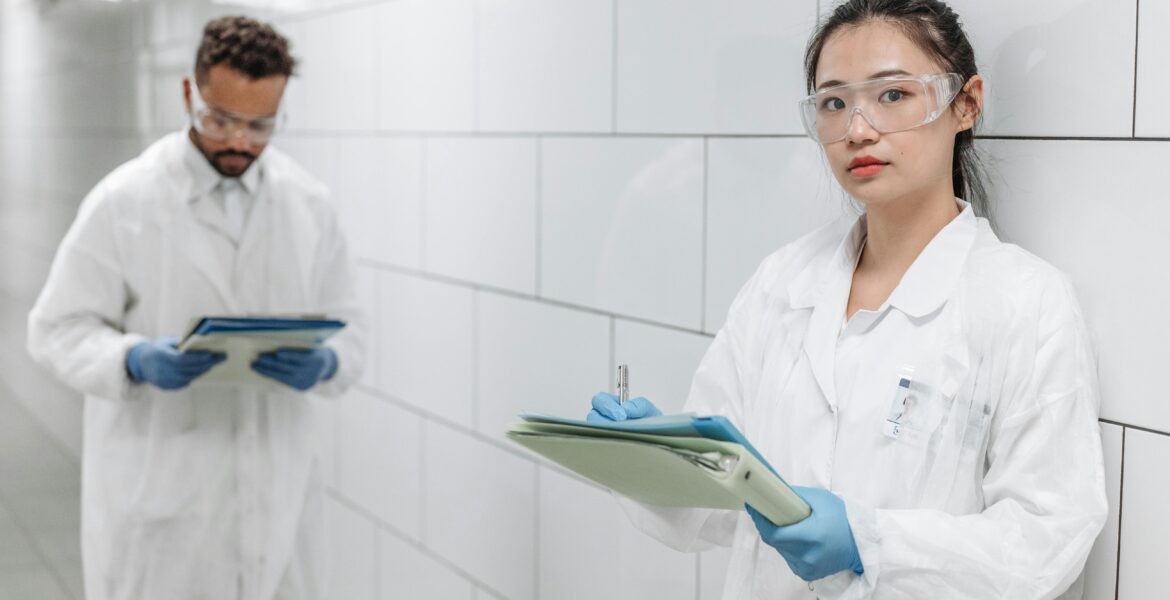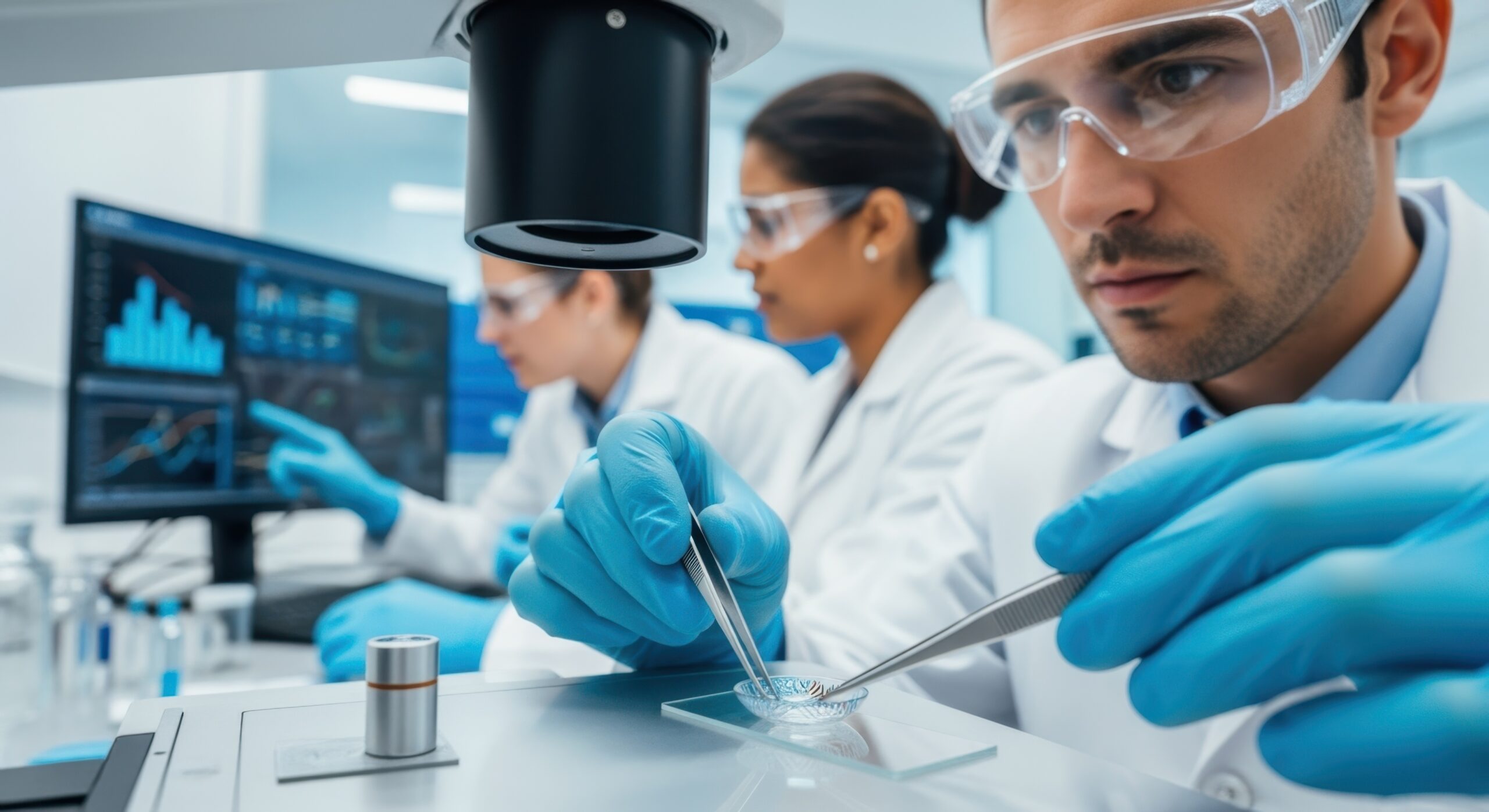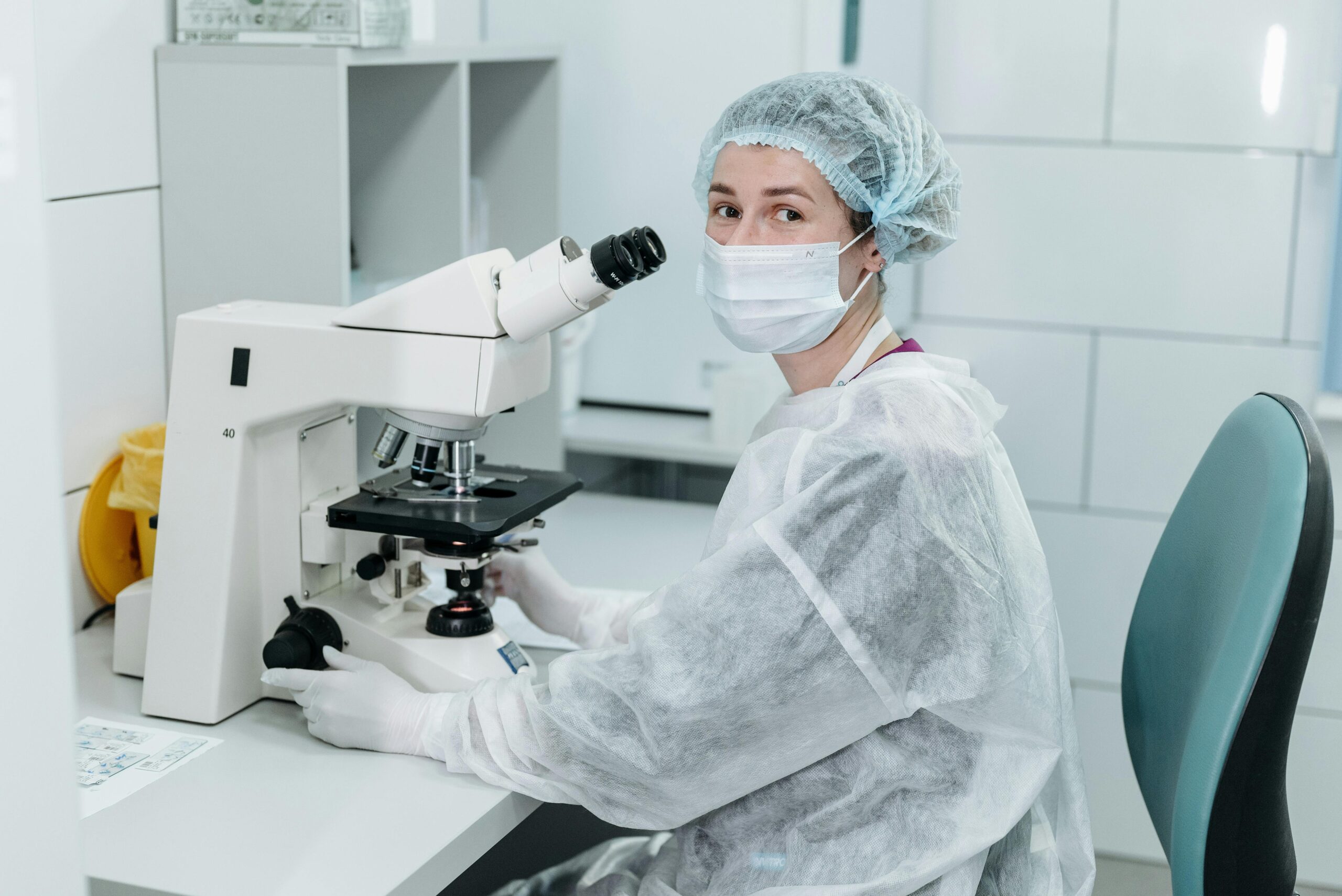WHAT WE DO: BioMedical Staffing
WHAT WE DO: Pharmaceutical Staffing
WHAT WE DO: Direct-Hire Positions
WHAT WE DO: Temporary Assignments
WHAT WE DO: Temp-to-Perm Assignments
WHAT WE DO: Vendor Management and On-Premise
18
Aug
Aug




